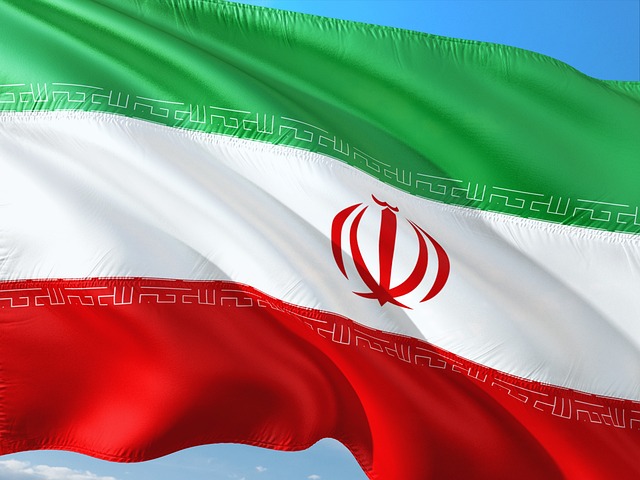Gambling in Iran: A prohibited but flourishing pursuit in digital age
Prepend to the content

Gambling in Iran faces strict prohibitions rooted in Islamic law, which considers games of chance incompatible with religious principles. This prohibition extends to both traditional casinos and online gambling activities. The legal stance on gambling in Iran reflects the country’s commitment to Islamic values and societal norms.
Islamic law, as interpreted in Iran, views gambling as a form of economic exploitation that can lead to social harm. This perspective aligns with broader concerns about the potential negative impact of gambling on individuals and communities. Consequently, the theological regime of Iran has taken measures to discourage and prevent gambling activities.
The Islamic Penal Code imposes various kinds of punishments for a variety of gambling related offences.
Strict prohibition meant there are no legal casinos, and operating or participating in gambling establishments is a criminal offence.
The penalties for violating these laws can be severe, including fines and imprisonment. Article 705 of Islamic Penal Code states that gambling by any means is forbidden and the offenders shall be sentenced to one to six months’ imprisonment or up to 74 lashes; and if they commit gambling publically, they shall be sentenced to both the punishments.
Law enforcement agencies actively work to curb illegal gambling operations, making it a challenging environment for those attempting to engage in such activities.
As per the Iranian law, designing, launching, and running betting websites is also forbidden as they are considered as examples of gambling. Accordingly, the Iranian authorities have implemented strict measures to block access to gambling websites.
Similar to other countries, the law enforcement has often blocked online gambling portals and initiated prosecution against the operators. In a first such action, the law enforcement has blocked 61 portals wayback in 2019.
The regulatory action includes monitoring and restriction of financial transactions related to online gambling. The government aims to prevent citizens from participating in these activities by limiting their accessibility.
While the strict legal stance aims to deter gambling, it also raises questions about the effectiveness of such measures in a globalized and technologically advanced era.
Some argue that these restrictions may lead to the rise of underground gambling activities, posing challenges for law enforcement in monitoring and regulating such illicit operations.
Due to serious legal implications, it is unlikely that Iranians openly talk about their gambling interests indicating the percentage of discreet gamblers can be higher. This raises concerns about the potential social and economic repercussions for those involved, as well as the broader impact on Iranian society. Especially in the post Covid19 era, digital gambling portals have gained wide usage. A research article published last year says online gambling has increased multifold among Iranian women post Covid19. Researchers found a positive and significant correlation between the severity of gambling and the severity of internet addiction, severity of depression, severity of anxiety, and severity of obsession in online gamblers in Iran.
In conclusion, gambling remains a prohibited and legally restricted activity in Iran, reflecting the influence of Islamic law on the country’s legal framework. The government’s stringent measures aim to uphold religious values and prevent the potential negative consequences associated with gambling. However, the effectiveness of these measures and their impact on society continue to be subjects of debate especially in the digital era.
The post Gambling in Iran: A prohibited but flourishing pursuit in digital age appeared first on G2G News.



